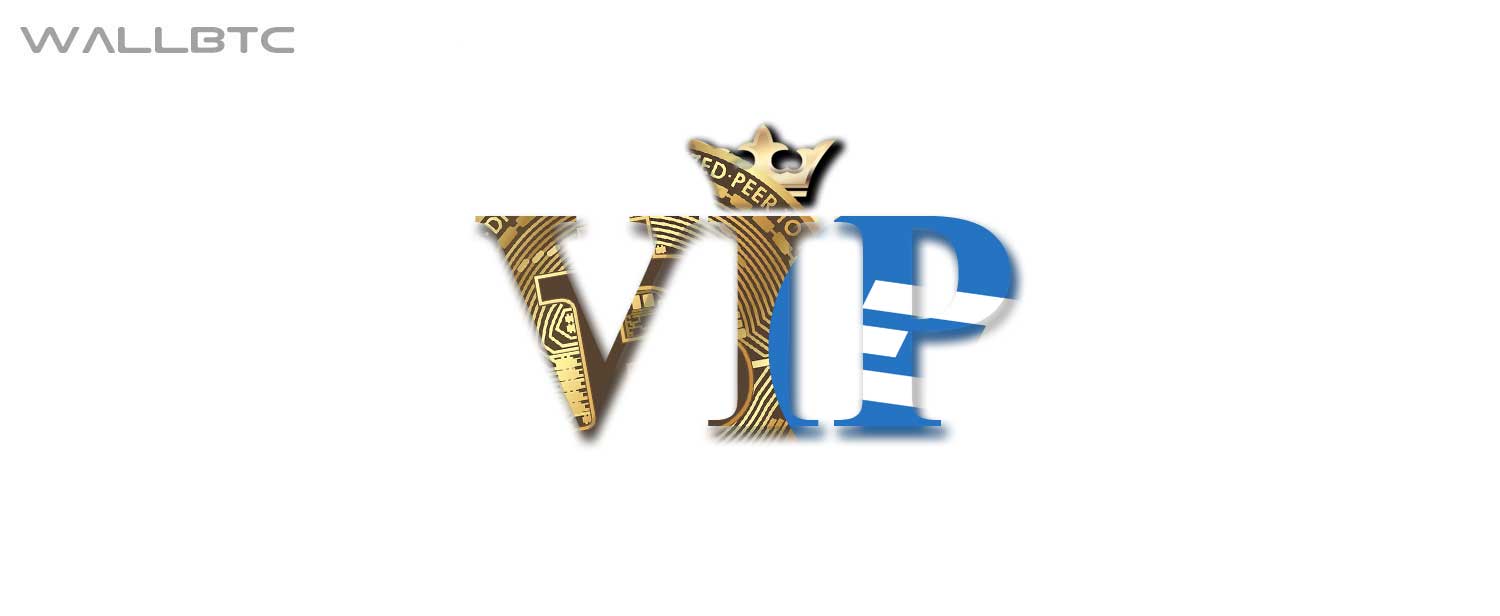2020-6-10 18:36 |
The New York-based firm is finally dipping its toes into the privacy coin transaction monitoring space by introducing Dash and Zcash to its ring of over 80 cryptocurrencies, including Bitcoin.
The two become the first pair of privacy coins to be monitored by Chainalysis, who claim Dash privacy is a simple extension to Bitcoin mixers, and almost all of Zcash's transactions are not private.
“PrivateSend is a Branded Implementation of BTC Mixers”Dash employs the PrivateSend feature to obscure users' transactions in a similar manner to Bitcoin mixers, the announcement reads. Users have an option on whether they would like their coins mixed or not by selecting the “PrivateSend” feature before making the transaction.
The funds are then sent to DASH denominated pools of 1, 10, 100, 0.0001 DASH, etc. and resent to a new “harder to trace” wallet.
Chainalysis have been monitoring Bitcoin mixer transactions for some time and aims to do the same with Dash, which they claim naming it a private coin as a misnomer. According to a study by researchers at Princeton University, you can uniquely identify the single address a PrivateSend output came from.
Only about 1% of the total Dash transactions on the blockchain use the PrivateSend feature with mixing transactions accounting for only 9% of the total transaction volume.
Despite Dash being brought to the spotlight on Chainalysis, the CEO of Dash Core Group, Ryan Taylor, remains positive on the overall effect of the monitoring. He said,
“Chainalysis is a leading provider of advanced AML and blockchain analytics that is necessary for money services businesses needing to balance privacy needs with compliance needs.
Ultimately, both [Dash and Chainalysis] promote the safe use of cryptocurrencies, while ensuring access to legacy financial markets, so I'm pleased that Chainalysis has chosen to implement Dash into their platform.”
He later replied to a few DASH users on the privacy effects of having Chainalysis monitoring.
It’s actually combination of number of rounds mixed AND the number of inputs used in a transaction that determines the level of privacy afforded the user. It depends on need. If a user uses too few mixes and lots of inputs, analytics can be used. More rounds mixing add > privacy.
— Ryan Taylor (@RTaylor05) June 8, 2020
However, many exchanges use Chainalysis as their AML service provider, so it can help Dash access those exchanges that already use them or hadn’t added Dash because they didn’t want a separate provider just to add Dash. So overall, this is positive news as we can add exchanges.
— Ryan Taylor (@RTaylor05) June 8, 2020
Over 99.9% of Zcash Transactions are not PrivateThe Chainalysis' article also mentions the addition of Zcash, which offers a privacy mechanism using Zk-SNARKS encryption. Zcash makes users funds “private” by sending the amounts to encrypted pools that obscure any surveillance.
However, the statement released showed that over 99% of the total transactions on the blockchain are not private at all. It turns out that the transactions are only shielded in the pool but not the transactions into and out of the pools.
“Transactions into, out of, and between the pools are transparent, but the counterparty addresses within the pool remain encrypted.”
Only 6% of the total transactions interacting with the shielded pool are actually shielded, which accounts to about 0.9% of the total transactions on Zcash.
“Using simple heuristics based on shielded pool usage patterns reduces anonymity.” – Statement on how to trace Zcash transactions.
With most users foregoing the option of joining a shielded pool, tracking individual transactions is even easier.
All in all, only a small percentage of the transactions, about 0.2%, use the DASH and ZEC for illegal activities.
origin »Bitcoin price in Telegram @btc_price_every_hour
Dash (DASH) на Currencies.ru
|
|










